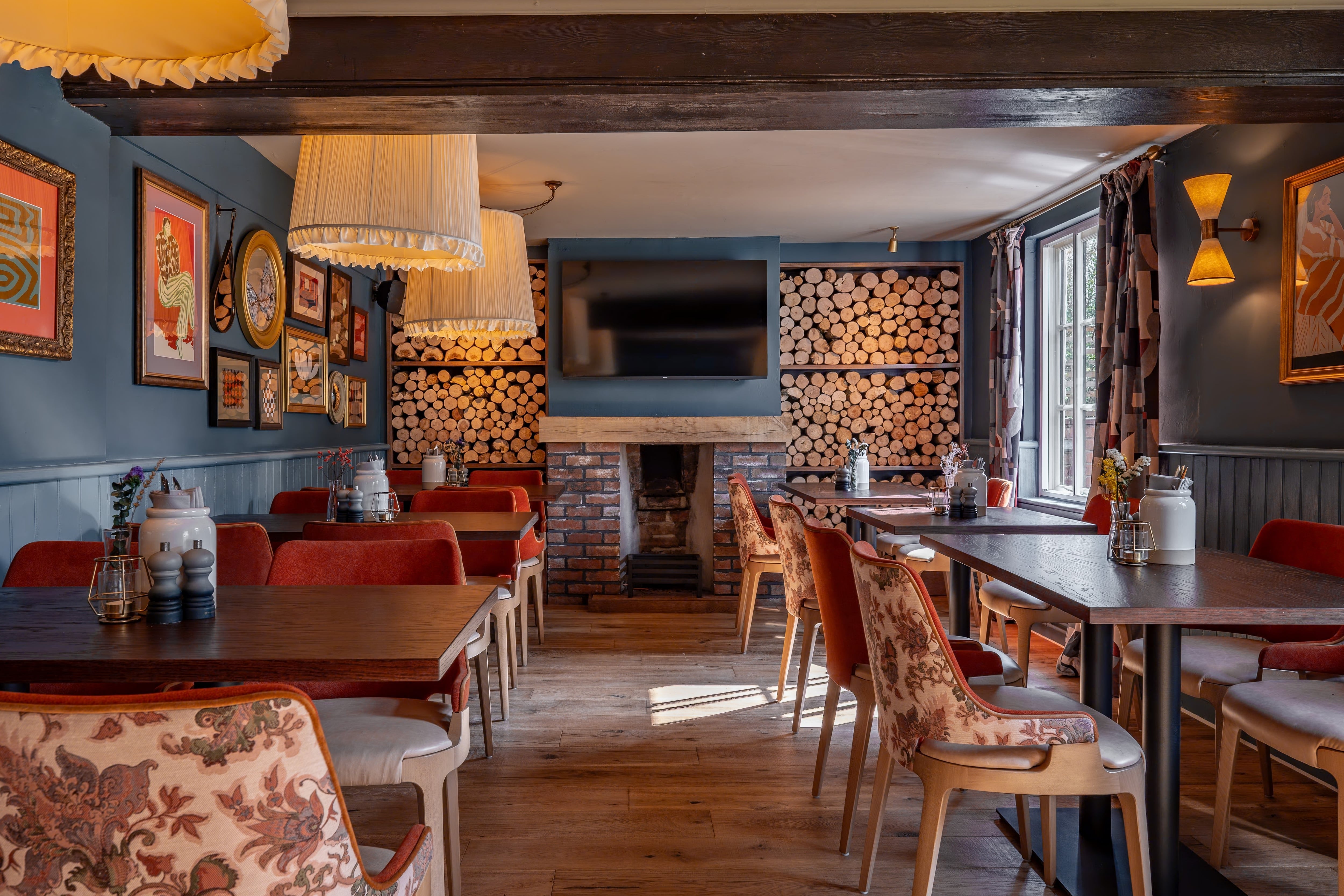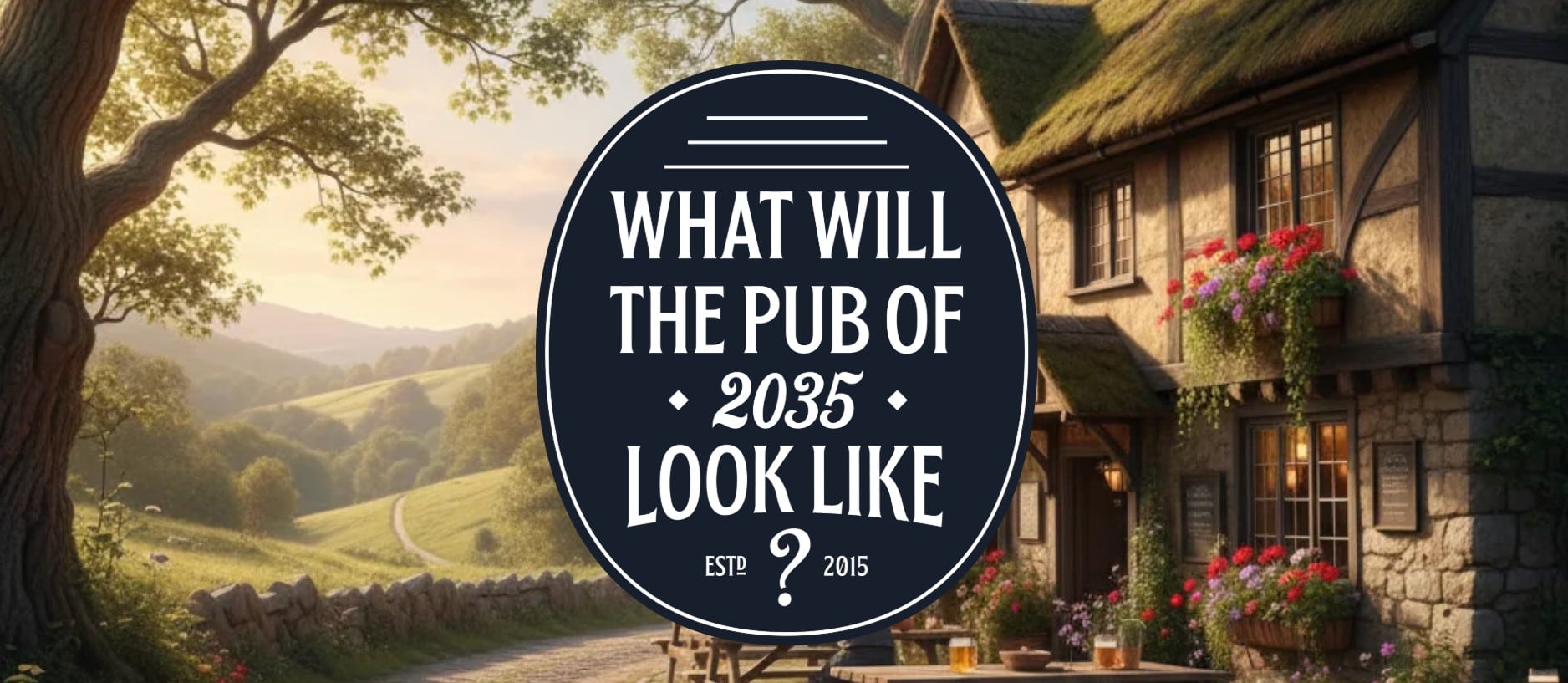Research from the Night-Time Economy Market Monitor from CGA by NIQ and the Night-Time Industries Association (NTIA) highlighted “the cumulative effect of years of financial, regulatory and environmental pressures” on the sector.
The dip means the number of late-night bars, clubs, casinos and similar venues is now 28.0% below the levels of March 2020, when the pandemic triggered a wave of closures across the sector.
Sales data from the CGA RSM Hospitality Business Tracker has reinforced the fall in late-night spending. September’s tracker figures show year-on-year growth of 2.5% for drink-led pubs, but a sharp drop of 6.8% for bars, which usually operate later into the night.
It also found the 5pm to 7pm slot has now overtaken 7pm to 10pm as the biggest earning trading period of the average day, all hospitality channels.
The latest wave of closures reflected the restrictive policies and neglect endured by the late-night economy, alongside rising operational costs in rent, wages, energy, licensing fees and other areas – according to the report.
Venues emptier after midnight
They are also the result of a shift in consumers’ habits towards earlier evenings, driven by worries over safety and the declining availability of reliable late-night transport.
Further data from the Night-Time Economy Market Monitor showed around a quarter (24%) of high-tempo night-time revellers now consider security when planning visits, while even more (28%) weigh up transport options, often leaving venues emptier after midnight.
These concerns have created sharp contrasts between the fortunes of Britain’s late-night and evening economies. While late-night venue numbers have tumbled, the monitor showed licensed premises in the evening economy increased by 0.9% in the 12 months to September and sit only 7.4% behind the level of March 2020.
Smaller, independent venues have been particularly hard hit by the long-term financial and environmental squeeze. The number of independently run late-night sites has fallen by 30.6% since the start of the pandemic – double the decline of 14.5% among larger hospitality groups, which have been better able to absorb inflation and regulatory burdens.
With the Autumn Budget looming on Wednesday (26 November), the findings highlight the urgent need to deliver the late-night infrastructure that is needed to support the late-night economy.
Further discoveries include bars are performing better than nightclubs, and northern cities and Scotland have sustained a higher proportion of pre-Covid venues than London.
Policies suppress cultural and social life
NTIA CEO Mike Kill said: “For too long, Government policies have suppressed a vital part of Britain’s cultural and social life.
“The late-night economy is an engine for jobs, tourism and community vibrancy but it is being systematically squeezed.
“Rising costs, safety fears and unreliable late-night transport are creating barriers to spending and closing doors. The Budget is a chance to reverse this trend and recognise the late-night sector as the cultural and economic powerhouse it truly is.”
CGA by NIQ senior insight consultant Reuben Pullan added: “These numbers are more proof of the huge pressures facing late-night businesses. While many have responded well to seismic changes and challenges, others – especially smaller operators – have found it impossible to recover from Covid and its aftershocks.
“Consumers remain eager to go out and demand for hospitality experiences is changing rather than collapsing. Christmas and new year trading will bring a much-needed boost but we’re likely to see more closures into 2026 unless the late-night economy gets the support from central and local government that it deserves.”





